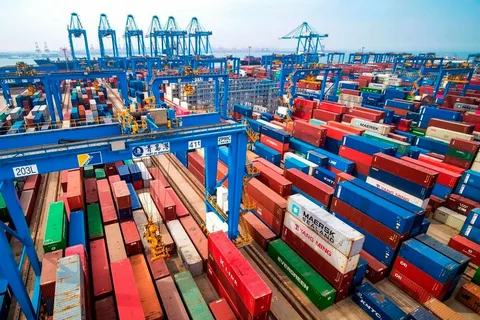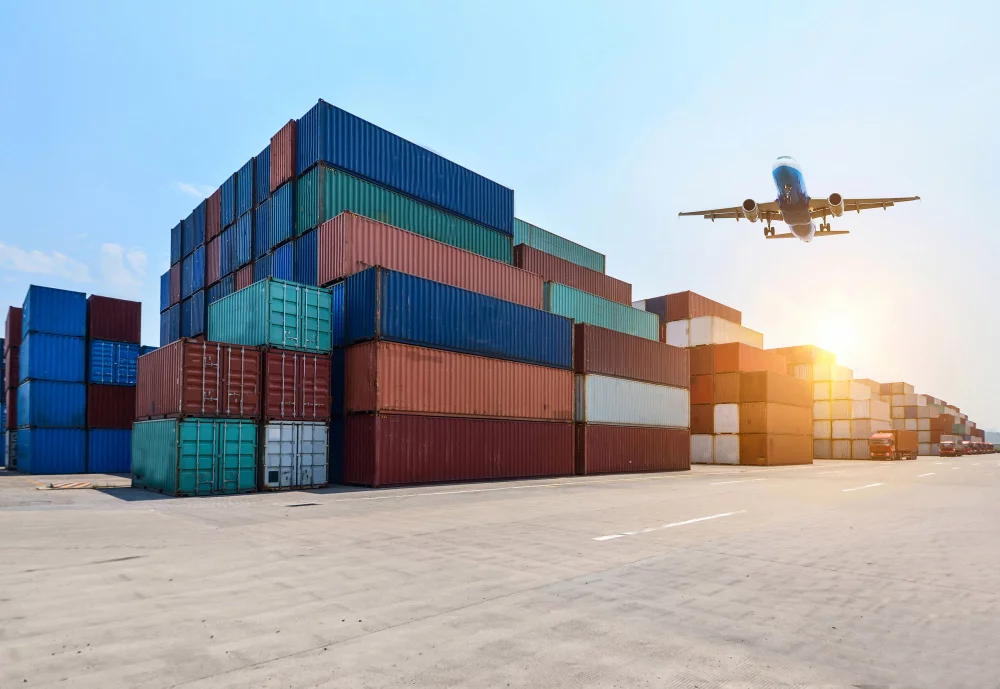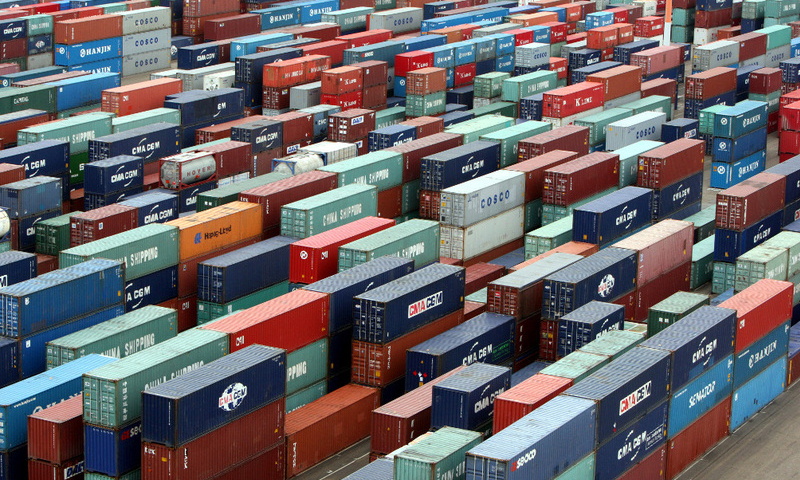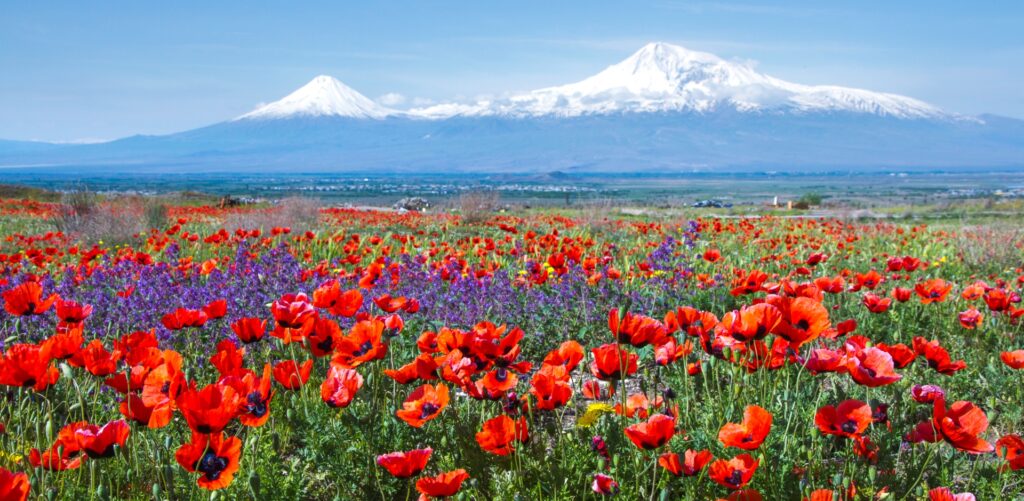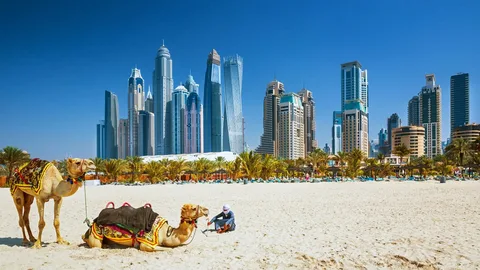Introduction to Armenia’s Import Economy
Armenia imports a wide range of goods to supplement its domestic production and meet the needs of its population. The country’s import strategy is crucial for maintaining economic stability and growth.
Importance of Imports
Imports are vital for Armenia as they provide essential goods that are not produced locally, support various industries, and contribute to the overall economic development.
Major Import Commodities
Armenia’s import portfolio includes several key commodities, essential for the country’s economy.
Energy Resources
Oil and Natural Gas
Armenia imports significant amounts of oil and natural gas, primarily from Russia and Iran. These energy resources are crucial for powering industries, heating homes, and fueling transportation.
Fun Fact
Armenia has been diversifying its energy imports to include more sustainable sources such as hydro and solar power.
Machinery and Equipment
Industrial Machinery
To support its growing industrial sector, Armenia imports various types of industrial machinery. These include equipment for manufacturing, construction, and mining industries.
Food and Beverages
Wheat and Cereals
Armenia imports wheat and other cereals mainly from Russia and Kazakhstan to meet domestic demand and ensure food security.
Alcoholic Beverages
Despite its rich tradition in wine and brandy production, Armenia imports various alcoholic beverages to cater to diverse consumer preferences.
Fun Fact
Armenia’s love for beer has seen a rise in imports from European countries known for their brewing traditions.
Pharmaceuticals and Medical Equipment
Armenia imports a wide range of pharmaceuticals and medical equipment to ensure the health and well-being of its population. These imports are essential for maintaining a modern healthcare system.
Automobiles and Transportation Equipment
Armenia imports automobiles, trucks, and other transportation equipment primarily from Japan, Germany, and Russia. These imports support both personal and commercial transportation needs.
Major Import Partners
Armenia’s strategic trade relationships enable it to import goods from several key partners.
Russia
Russia is Armenia’s largest trading partner, supplying a substantial portion of its energy resources, machinery, and food products.
European Union
The European Union provides Armenia with automobiles, machinery, and various consumer goods. Trade agreements with the EU facilitate these imports.
China
China exports a variety of goods to Armenia, including electronics, machinery, and consumer products. The growing trade relationship with China is significant for Armenia’s import sector.
Iran
Iran supplies Armenia with natural gas, petroleum products, and agricultural goods. The close proximity and shared border facilitate this trade.
Economic Impact of Imports
Imports play a crucial role in Armenia’s economy by providing essential goods, supporting industries, and contributing to economic stability.
Contribution to Economic Stability
By importing essential goods and raw materials, Armenia ensures economic stability and meets the consumption needs of its population.
Industrial Support
Imports of machinery and raw materials support Armenia’s industrial sector, promoting growth and development.
Technological Advancement
The importation of advanced machinery and equipment helps Armenia keep pace with technological advancements and improve productivity.
What are Armenia’s top import products?
Armenia’s top import products include oil and natural gas, industrial machinery, pharmaceuticals, automobiles, and food products.
Which countries are the main suppliers of Armenia’s imports?
The main suppliers of Armenia’s imports are Russia, the European Union, China, and Iran.
How do imports impact Armenia’s economy?
Imports impact Armenia’s economy by providing essential goods, supporting industries, and contributing to economic stability and growth.
Why does Armenia import wheat and cereals?
Armenia imports wheat and cereals to meet domestic demand and ensure food security, as local production is insufficient.
How important are energy imports for Armenia?
Energy imports are crucial for Armenia, as they power industries, heat homes, and fuel transportation, ensuring the country’s energy needs are met.
What role do pharmaceuticals play in Armenia’s imports?
Pharmaceuticals and medical equipment are essential imports for Armenia, ensuring the health and well-being of its population and supporting a modern healthcare system.
How has Armenia diversified its energy imports?
Armenia has been diversifying its energy imports to include more sustainable sources, such as hydro and solar power, alongside traditional oil and natural gas imports.
What types of machinery does Armenia import?
Armenia imports various types of machinery, including industrial machinery for manufacturing, construction, and mining industries.
Why does Armenia import automobiles?
Armenia imports automobiles to meet personal and commercial transportation needs, as local production is limited.
How do trade agreements affect Armenia’s imports?
Trade agreements facilitate Armenia’s imports by reducing tariffs, simplifying customs procedures, and promoting trade with key partners like the European Union and Russia.
Conclusion
Armenia’s major imports reflect the country’s diverse economic needs and strategic trade relationships. By understanding the key import commodities, trading partners, and economic impact, we gain insight into the vital role that imports play in Armenia’s economy.
- Weather In Thailand By Month - September 20, 2024
- Cities And Towns In Union County, Arkansas - September 17, 2024
- Cities And Towns In Washington County, Arkansas - September 17, 2024

